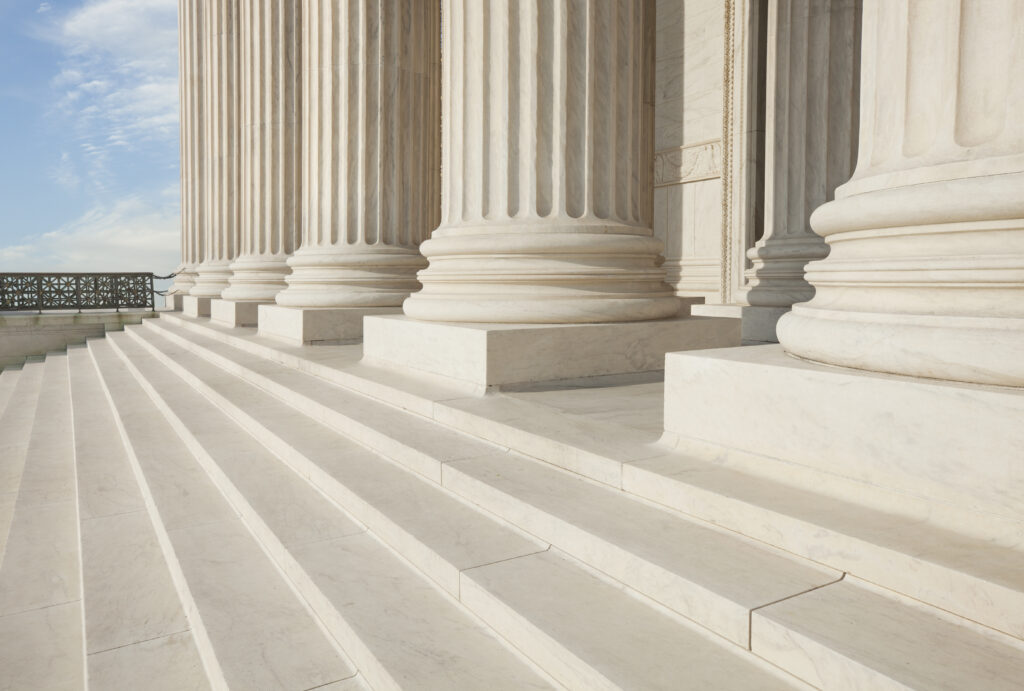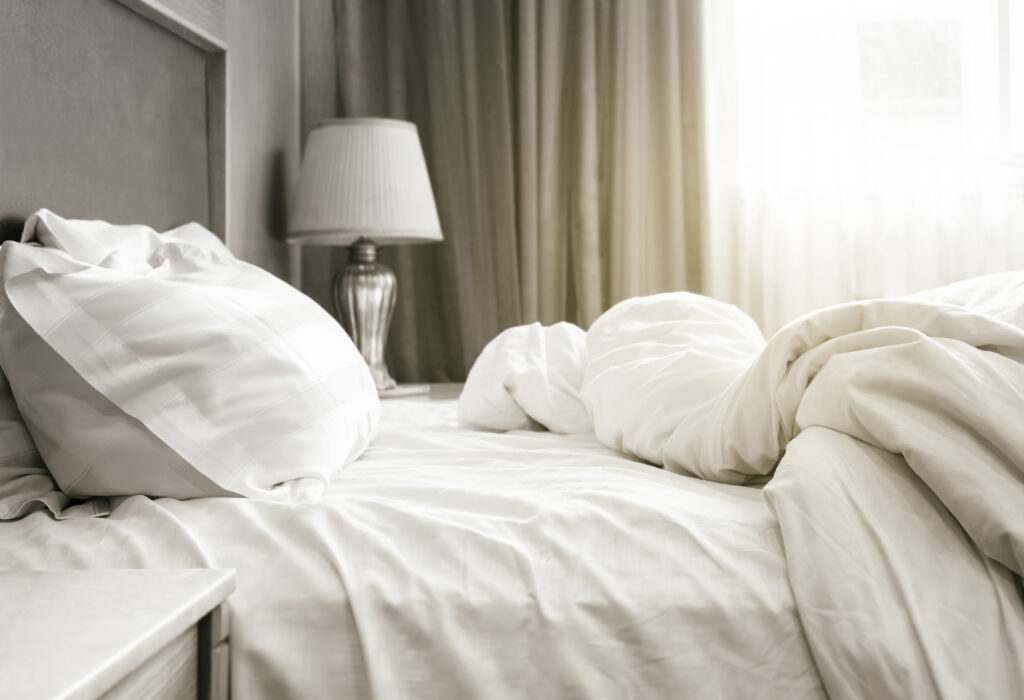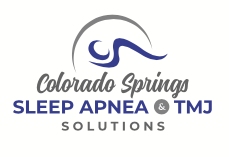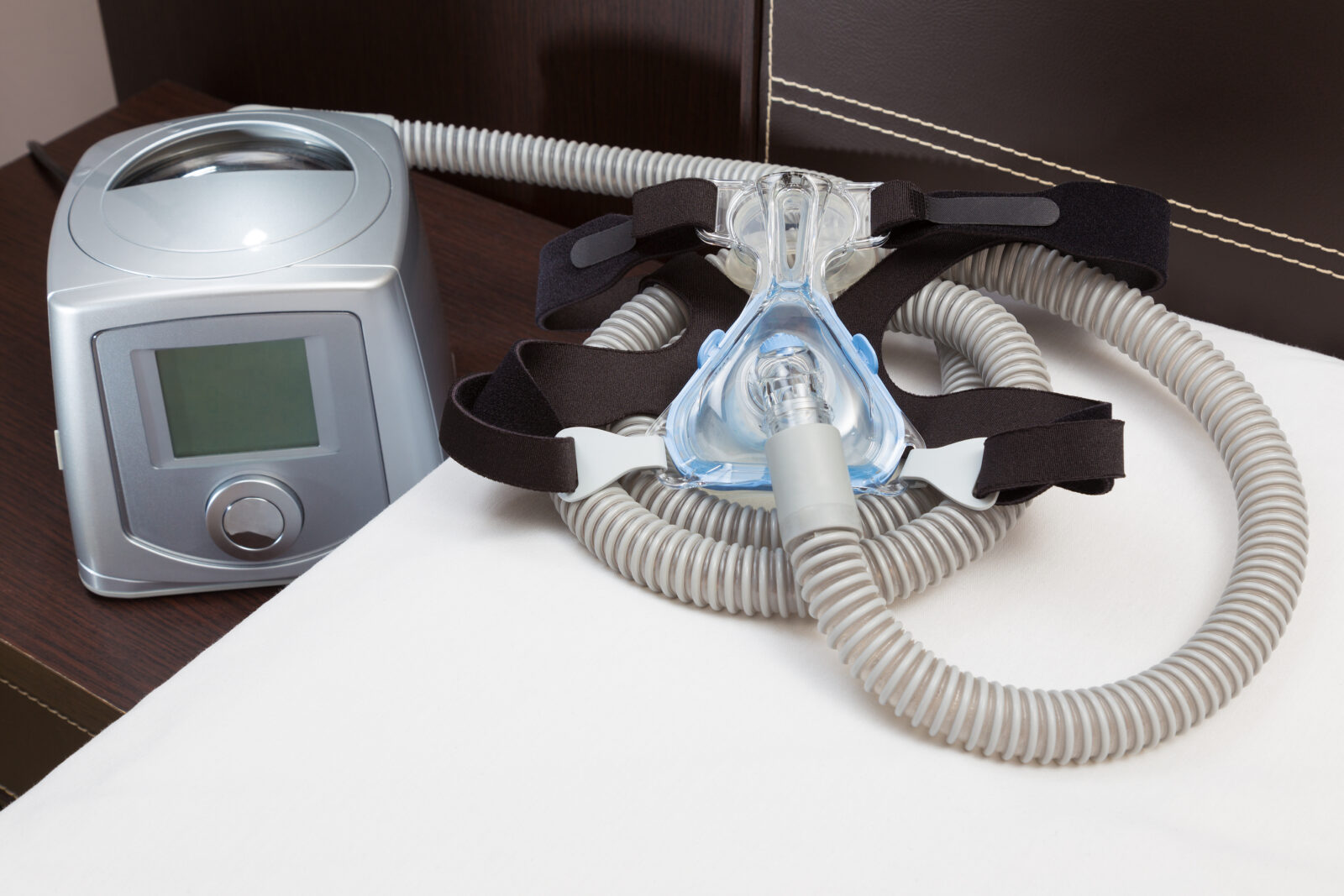
Five years ago, U.S. Supreme Court Justice Antonin Scalia went to sleep while visiting a ranch in West Texas and never woke up. When the Texas Marshals searched his room, the only thing they discovered amiss was that the CPAP machine he had brought with him on his trip had been removed from the suitcase and placed on the nightstand but had not been plugged in.
Justice Scalia had many health problems, but it is likely that on that February night in 2016, the stress of suffocating one too many times caught up with him and ended his life.
Researchers in Zurich conducted a study in 2011 on a group of patients who had Obstructive Sleep Apnea. They split the group into two subgroups. Group A was allowed to continue using their CPAP machine; group B was not. Within a couple of days, the group instructed to discontinue the use of CPAP had symptoms return. More severe complications occurred by the two-week mark, such as an increase in blood pressure and a deterioration in vascular function. The study author concluded that taking a break from the CPAP machine can lead to the return of symptoms within the first night.
“Take care of your body. It’s the only place you have to live.”
Jim Rohn
The fact that the CPAP machine was not plugged in means that it does not appear that Justice Scalia had used his CPAP for a portion of the night and just taken off his mask in the middle of the night when he got up to use the restroom or had removed his mask while tossing and turning while asleep. Justice Scalia must have regularly used his CPAP because he took the effort to pack it in a suitcase and bring it halfway across the country on his trip. Chances are Justice Scalia didn’t take the time that night to set everything up before he fell asleep.

CPAP is a terrific tool and extremely effective, but CPAP only works when it is powered on and the mask is on the face. Every day, I meet a patient who has a CPAP, but they are still tired. When I ask them about their CPAP, sometimes they report that they use it about half the night. Those who are not 100% compliant report; either they get frustrated with the feeling of the mask against their face, the feeling of being constricted by the device, or they simply don’t take the time to hook everything back up when they get up to use the restroom. Justice Scalia’s story is a painful reminder that not being treated even for a short time could lead to a tragedy. Thankfully, dental sleep medicine has a solution for people who are not 100% compliant with CPAP. That solution is an oral appliance that has been tested (titrated) to control and reduce Obstructive Sleep Apnea. The nice thing about oral appliances, whether you use them alone or in combination with CPAP, once they are in your mouth, they stay with you until you wake up the next day-no batteries required.

If you are interested in scheduling a free eConsult with Dr. Cairns to discover if you might be a candidate for care please schedule on the following link: Schedule an eConsult
If you are interested in learning more about Colorado Springs Sleep Apnea & TMJ Solutions please visit our website at: sleepishealthy.com
